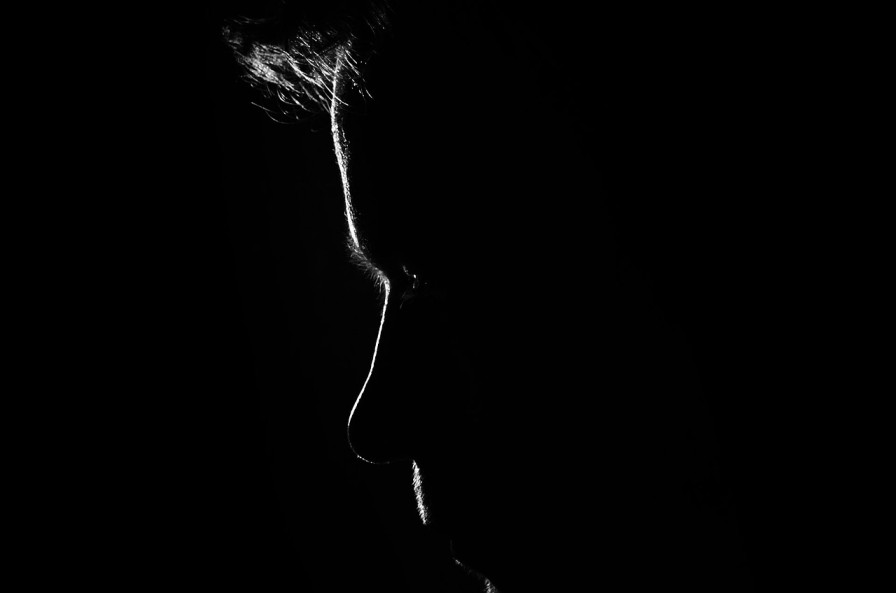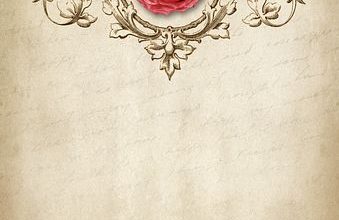
TOP 10 QUOTES FROM NO LONGER HUMAN
1.
“There are some people whose dread of human beings is so morbid that they reach a point where they yearn to see with their own eyes monsters of ever more horrible shapes. the more nervous they are—the quicker to take fright—more violent they pray that every storm will be … Painters who have had this mentality, after repeated wounds, intimidations at the hands of apparitions called human beings, have often come to believe in phantasms—they plainly saw monsters in broad daylight, in the midst of nature.”
2.
“For someone like myself in whom the ability to trust others is so cracked and broken that I am wretchedly timid and am forever trying to read the expression on people’s faces.”
3.
“Now I have neither happiness nor unhappiness. Everything passes.”
4.
“Whenever I was asked what I wanted my first impulse was to answer “Nothing.” The thought went through my mind that it didn’t make any difference, that nothing was going to make me happy.”
5.
“He could only consider me as the living corpse of a would-be suicide, a person dead to shame, an idiot ghost.”
No Longer Human – Quotes with Responses
-
“For someone like myself in whom the ability to trust others is so cracked and broken that I am wretchedly timid and am forever trying to read the expression on people’s faces.”
Yozo perceives the people around him as unreliable, lacking empathy, insincere, and driven solely by a competitive mindset. In his eyes, society functions as a ruthless battleground, where individuals engage in actions aimed at advancing their position, garnering support, and proving their superiority over others. Yozo, with his fundamental mistrust of others, has little incentive to actively cultivate relationships unless his fundamental perspective on people transforms.
Despite his reluctance to trust others, Yozo leads a profoundly lonely existence. This places him in a melancholic predicament because, while he yearns for and requires human connections for happiness, he mourns the fact that, despite adhering to societal conventions and politeness, he has yet to experience genuine friendship. He has, in essence, assumed the role of a clown to prevent others from directing their anger towards him.
-
“The weak fear happiness itself. They can harm themselves on cotton wool. Sometimes they are wounded even by happiness”
The given quote exposes Yozo’s vulnerability. It is his vulnerability and his deep concern for what others perceive him as that guide Yozo’s very existence throughout the novel. Yozo’s heightened perception of everything around him deepens this vulnerability. His constant thoughts are to find ways in which to appease others and make them laugh so he would not be perceived as different from them. For example, when his classmate Takeichi sees through one of these acts, Yozo is terrified and shaken, and attempts to befriend Takeichi to hide his “true self”.
-
“People talk of “social outcasts.” The words apparently denote the miserable losers of the world, the vicious ones, but I feel as though I have been a “social outcast” from the moment I was born. If ever I meet someone society has designated as an outcast, I invariably feel affection for him, an emotion which carries me away in melting tenderness.”
Yozo sees himself as someone who constantly avoids mainstream human society. Throughout his childhood and upbringing, he grapples with an intense feeling of isolation and disconnection from both his family and peers. Despite Yozo’s outlook of disdain and apathy towards the societal framework that surrounds him, he relies on it for his survival: he cares almost too much. When he meets Tsuneko, a married woman working in a bar, he feels an emotion closest to “love” for her. He feels sympathetic toward her and agrees to a love suicide with her. Again, when Yozo comes across the pharmacist, who too has had a difficult life, he feels a shared sense of understanding with her.
-
“What is society but an individual? […] The ocean is not society; it is individuals. This was how I managed to gain a modicum of freedom from my terror at the illusion of the ocean called the world.”
Horiki guides Yozo on adhering to social conventions, and discussing what is deemed acceptable in society. His advice leads Yozo to reflect on the very nature of society, and he concludes that it must be the “collective of human beings.” He now starts to see society as something more than merely a group of individuals. In his perspective, society embodies an entity in its own right. As Yozo starts to envision society as a singular entity, his typical shyness and anxiety decrease to some extent. He becomes more adept at pursuing his ambitions, yet this change doesn’t bring him happiness. Instead, it plunges him into a deep state of depression.
-
“Is it not true that no two human beings understand anything whatsoever about each other, that those who consider themselves bosom friends may be utterly mistaken about their fellow and, failing to realize this sad truth throughout a lifetime, weep when they read in the newspapers about his death?”
This references a childhood memory that Yozo recounts. A prominent member of the political party his father was affiliated with had visited the theater to deliver a speech. Following the speech, Yozo had overheard his father’s closest friends offering critical comments about the opening remarks. However, when these same individuals later visited their home, they enthusiastically applauded his father, displaying genuine delight and celebrating the speech’s apparent success. The servants who had come to hear the speech had had a similar reaction, but they too, praised his father in front of the family. Yozo, who is completely alienation from the ways individuals within a society function, finds himself completely unable to understand these mechanisms.

